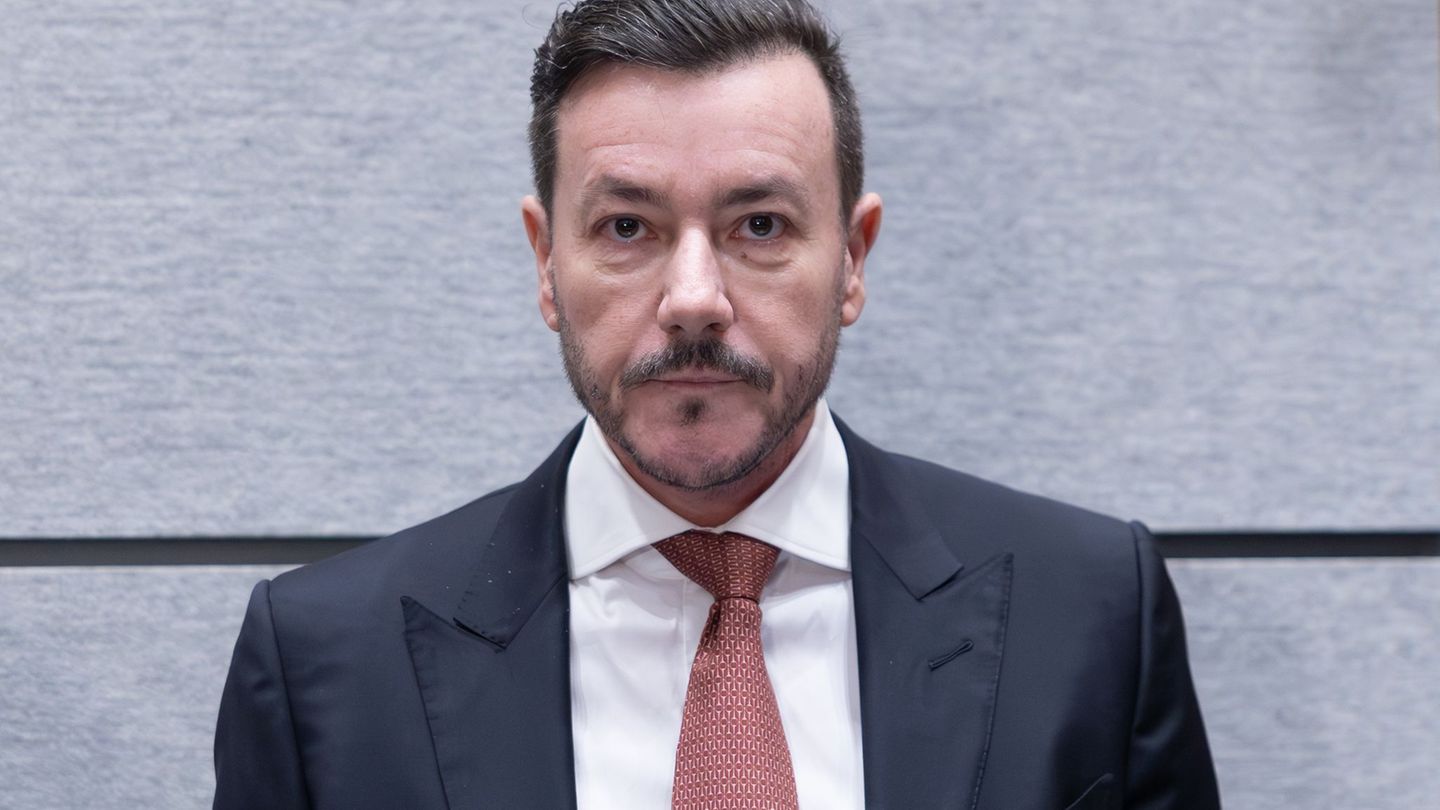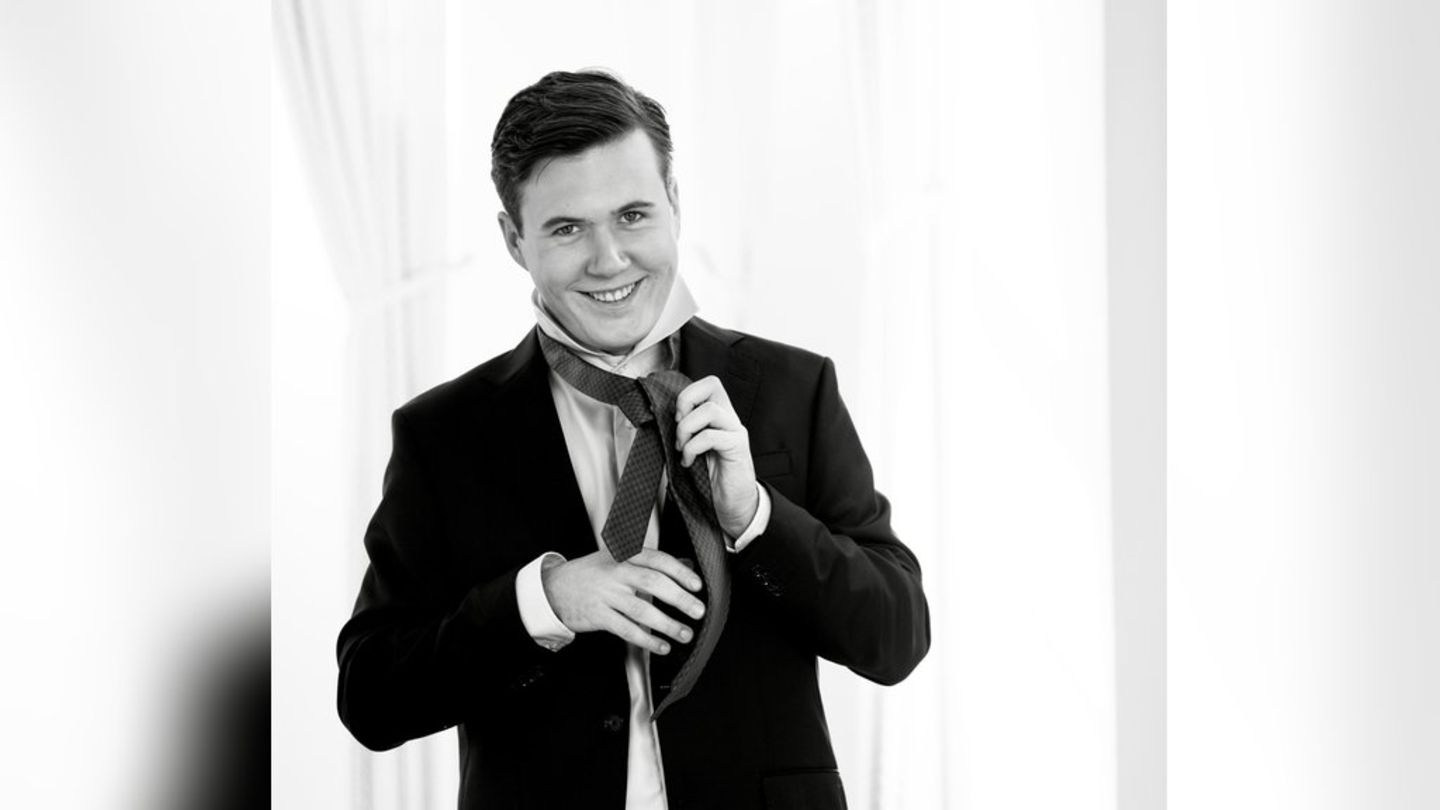What does Ursula von der Leyen have to offer other parties so that they support her re-election as Commission President? This is the question that will be discussed after the European elections. The FDP is already making its presence known.
After the European elections, the poker game about who will fill top EU posts in the future has begun. The centre-right EPP alliance called on Chancellor Olaf Scholz (SPD) and French President Emmanuel Macron to support the re-election of Ursula von der Leyen as President of the EU Commission. In return, there will be cooperation in the European Parliament.
“In these turbulent times, we need stability, we need responsibility and we need continuity,” said von der Leyen at a press conference in Berlin. Over the past five years, they have worked “well and constructively with trust” with the Social Democrats and Liberals. This has created a foundation that they can now build on.
When asked why she would not initially hold talks with the European Greens, she explained that the talks with the Social Democrats and Liberals were the first step, which could theoretically be followed by others.
The Greens want to participate in government
Green Party top candidate Terry Reintke stressed in Berlin: “We want to participate in government and thereby do our part to secure stable pro-European majorities in the European Union.” It is about prosperity, climate protection, peace, freedom and security. “And we are prepared to help Ursula von der Leyen gain a democratic majority.” The Green Deal and support for democracy and the rule of law are particularly important to her party.
CDU party leader Friedrich Merz, however, pointed out that the centre-right EPP alliance, together with the Social Democrats and Liberals, already has a comfortable majority of around 400 of the 720 votes in the new European Parliament.
Given the clear election victory of the centre-right EPP alliance, it is likely that the CDU politician von der Leyen will be given a second term as President of the powerful European Commission. However, for the necessary election in the European Parliament, she will be dependent on the support of other party families such as the Social Democrats and Liberals. In return, they will probably expect to be allowed to fill other top posts.
Who gets which top job?
In particular, this concerns the office of the President of the EU Council and the EU High Representative for Foreign Affairs. The Belgian liberal Charles Michel is currently chairing the summit meetings of heads of state and government as President of the EU Council, while the Spanish social democrat Josep Borrell has been the EU’s chief diplomat for the past five years. The former Portuguese Prime Minister António Costa is currently considered a possible candidate for the post of Council President, and the Estonian Prime Minister Kaja Kallas is considered a possible candidate for the post of High Representative for Foreign Affairs. Costa is a socialist and Kallas is a liberal.
FDP leader Christian Lindner made it clear on Monday, however, that it is not just about personnel matters. “Ursula von der Leyen is in pole position, but she has not reached her goal. For us Free Democrats, it is essential that the policies of the past five years are not continued,” he said in Berlin. There are “substantive conditions”. He cited as examples a waiver of new European joint debt and a regulation that allows a future for the combustion engine.
Heads of state and government must make proposals
In order for the current EU Commission President von der Leyen to be able to take up a second term in office, the European Council – the body of heads of state and government – must propose her as a candidate to the European Parliament by a qualified majority. This means that in addition to the 13 heads of state and government who belong to the same party family as her, at least three other heads of large member states must vote for her. After that, the official election in the European Parliament will take place.
According to the latest preliminary election results, the centre-right EPP alliance with the German parties CDU and CSU will have 185 seats there (previously 176 out of 705), more than a quarter of the current 720 seats. The Social Democrats will therefore remain the second strongest camp. They will have 137 seats (previously 139). They will be followed by the Liberals, who will slip to 79 seats (previously 102), and the two previous right-wing populist party alliances ECR and ID, which will gain significantly in some cases: ECR will have 73 (previously 69) seats, ID 58 (previously 49).
AfD strives to connect
The AfD MPs are not included in this. The AfD is counted among the non-affiliated parties because it was excluded from the ID group shortly before the European elections. The reasons for this included controversial statements by the AfD’s top candidate Maximilian Krah about the SS and a Chinese espionage scandal involving one of Krah’s employees. On Monday, the other newly elected AfD MPs decided not to include Krah in the new delegation. This could clear the way for cooperation with other far-right parties.
Possible candidates include the Fratelli d’Italia (Brothers of Italy) of Italy’s right-wing Prime Minister Giorgia Meloni and the French Rassemblement National party of Marine Le Pen. Both won the European elections in their countries.
A big loser in the first European elections after the devastating corona pandemic and the start of the Russian war of aggression against Ukraine are the Greens. According to the latest results, they only have 52 seats (previously 71). The Left Party remains almost unchanged at 36 seats (previously 37).
Source: Stern
I have been working in the news industry for over 6 years, first as a reporter and now as an editor. I have covered politics extensively, and my work has appeared in major newspapers and online news outlets around the world. In addition to my writing, I also contribute regularly to 24 Hours World.




